Top 5 Ways Blueberries Keep You Well
Top 5 Ways Blueberries Keep You Well
Blueberries have long been a favorite tasty treat. And scientists have recently come to understand that they possess amazing health benefits as well. Here’s a quick look at how blueberries are beneficial and how you can get your benefits from this delicious fruit.
Blueberry muffins, blueberry pies, blueberry cheesecake, blueberry pancake, fresh moist blueberries….just reading the words is enough to evoke that summer-sweet, luscious tang and get your mouth watering.

Everyone knows blueberries are delicious, but did you know they’re good for your health too? In fact, blueberries have been touted as helping to heal a host of serious medical problems. The 5 primary ways blueberries help keep you well, is that blueberries help your body fight of things like urinary infections, help control sugar levels in diabetes, help reduce high cholesterol levels and they have been shown to benefit people suffering with Alzheimer’s and as a bonus…even help fight cancer.
First let’s look at what exactly blueberries are. Blueberries are the fruit of flowering plants native to North America, now also grown in Australia, New Zealand and some South American countries such as Chile and Argentina. Blueberries are cultivated and picked in the wild as well as now on local and larger farms.
The blueberry season in North America tends to run from mid-May to September, depending on the latitude. The fruit is best enjoyed in season when the taste is at its peak and the nutritional value at its highest. The dark blue berries can be enjoyed raw, or more commonly made into snack food including cookies, cakes, pies, scones, cereals, jellies and jams, and for those non-Italian folks out there – even pizzas.
So what’s so special about blueberries?
It could be said that the blueberry is a nutritional powerhouse. Blueberries are a rich source of vitamin C, vitamin A, potassium, folate, iron, manganese and vitamin K. And 140 grams of fresh blueberries contain three grams of the dietary fiber that’s so good for your digestive system. But the main benefits of blueberries come from the anti-oxidants they contain in the form of bioflavonoids.
Antioxidants are important for their ability to neutralize free radicals. When our body processes oxygen, free radicals are produced as by-products. These are highly-volatile substances that can damage our cells and are thought to be responsible for aging and a host of degenerative diseases. Fortunately, substances known as anti-oxidants found in fruits and vegetables work to neutralize free radicals and reduce their potency. Better known bioflavonoids include hesperidin and rutin and the anthocyanins. Those anti-oxidants have been shown to reverse signs of aging and slowing the progression of other long term illnesses.
Blueberries are especially rich in anthocyanins. They give blueberries their deep blue hue and offer a range of beneficial properties. For one thing, they’re anti-inflammatory and protect large and small blood vessels from oxidative damage. This can protect blood vessels from damage caused by high blood-sugar levels in diabetics. This is especially important for the blood vessels in the eyes.
Researchers have shown that the anthocyanins in blueberries, along with other agents such as proanthocyanidins, flavonols and tannins, inhibit mechanisms of cancer cell development in vitro. And one of the more exciting findings about blueberries is that they can help arrest the mental decline that occurs with Alzheimer’s Disease.
So what’s the best way to get your dose of blueberries? Eating them raw is best but this is not always convenient. Fortunately, there are many ways to prepare blueberries that helps bring out their delightful flavor to its best advantage. The most popular is you can also make the old fashioned Blueberry pie just like your grandma used to make. The herbs cinnamon and mace compliment the taste of the blueberries and the result is delightful. It’s just one of many ways to incorporate blueberries into your diet.
So make blueberries a part of your diet. Not only will you have a delicious new taste in your life, but you’ll also be doing your health a world of good. We are searching out recipes that offernew and exciting ways to incorporate the blueberries into your daily intake without large amounts of carbs and sugars. If you want more information, feel free to contact our doctors and staff for healthy and delicious recipe ideas. We offer customized meal planning and wellness protocols for patients in our Customized Wellness Programs, so if you are looking to take your health to the next level, schedule your Discovery Call with our doctors and staff and we’ll get you on the path to a healthier and happier YOU!











